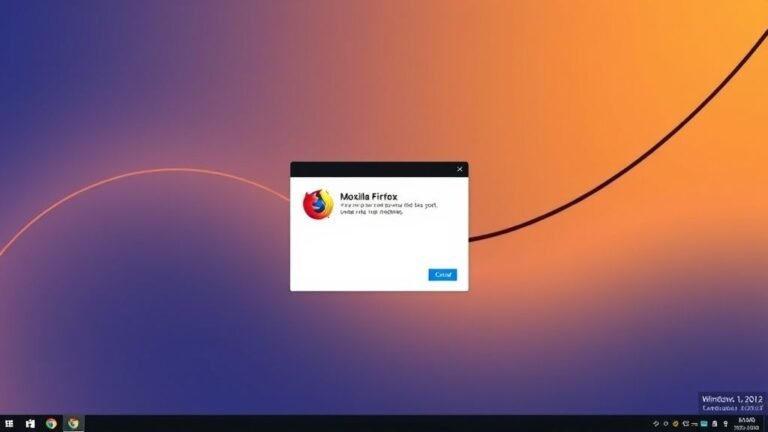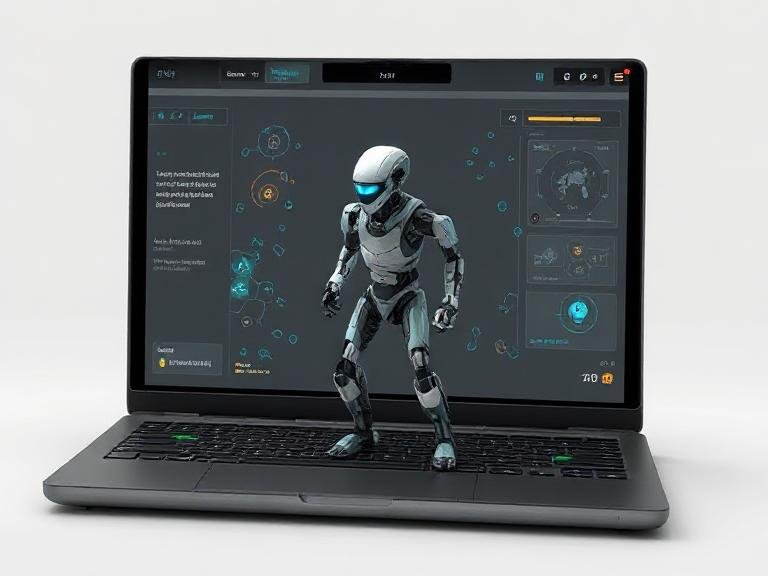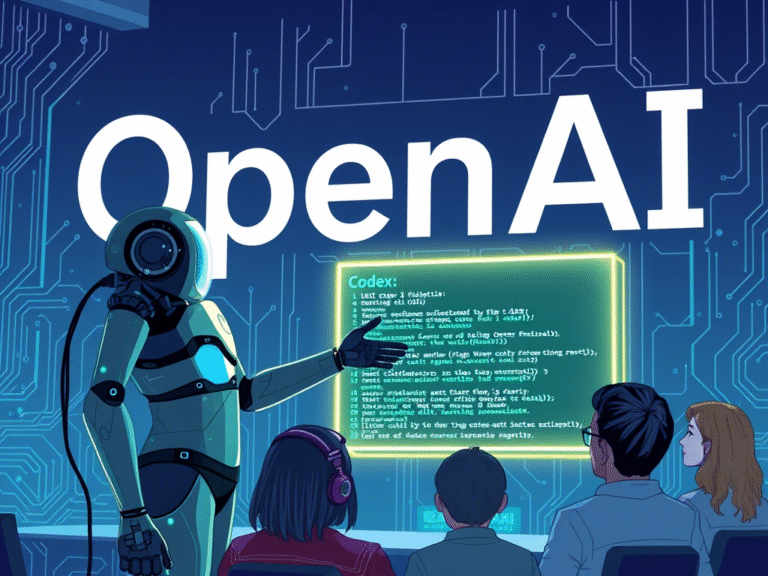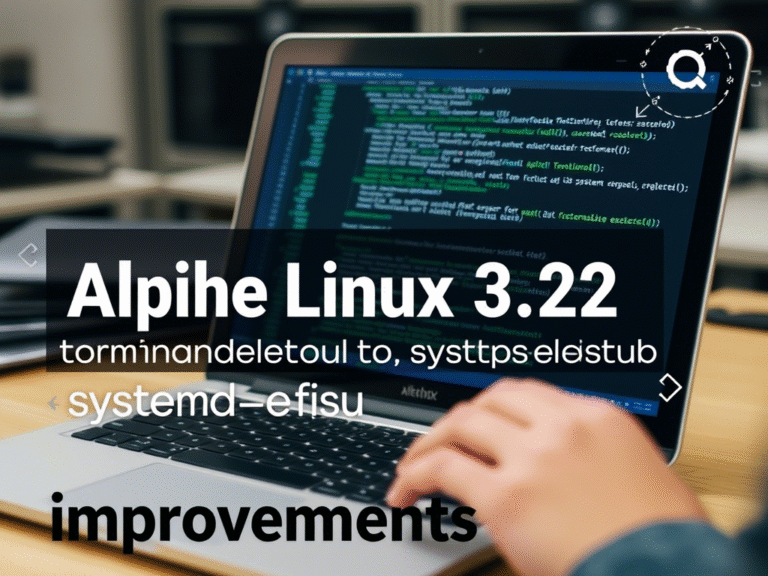OpenAI Launches GPT-OSS-120B and GPT-OSS-20B: Open Models Built for Real Devices

OpenAI Launches GPT-OSS-120B and GPT-OSS-20B: Open Models Built for Real Devices
After months of delays and growing anticipation, OpenAI has officially released GPT-OSS-120B and GPT-OSS-20B — two new open-weight language models designed to deliver strong reasoning performance while running efficiently on consumer hardware. Unlike earlier models that demand massive cloud infrastructure, these are built to work where people actually use them: on laptops, desktops, and even mobile devices.
This release marks a turning point for OpenAI, showing a clear shift toward supporting local AI development, transparency, and broader accessibility — all without sacrificing performance.
High Performance, Lower Hardware Demands
The GPT-OSS-120B is the larger of the two models and achieves performance on par with o4-mini, a notable feat given that it can run on a single 80 GB GPU. That kind of efficiency makes it practical for research labs, startups, and developers who want powerful AI without relying on expensive cloud setups.
On the other end, GPT-OSS-20B offers a leaner alternative. It matches the performance of o3-mini across common benchmarks and runs smoothly on devices with just 16 GB of memory. This makes it a solid choice for on-device AI applications — from personal assistants to offline productivity tools.
Both models are optimized for real-world use, excelling in areas like tool use, few-shot function calling, chain-of-thought (CoT) reasoning, and specialized evaluations such as HealthBench, where accuracy and reliability matter most.
Ready to Use, Right Out of the Box
OpenAI didn’t just release the models — they made them easy to adopt. The model weights are now available on Hugging Face, natively quantized using MXFP4, which reduces file size and speeds up inference while preserving much of the original accuracy.
To help developers integrate these models faster, OpenAI is also open-sourcing a harmony renderer in both Python and Rust, along with reference implementations for running inference using PyTorch and Apple’s Metal framework — ideal for macOS and iOS developers looking to build native AI-powered apps.
Safety First — Even for Open Models
With open-weight models comes greater risk of misuse. Recognizing this, OpenAI took an extra step: they evaluated an adversarially fine-tuned version of GPT-OSS-120B to test how it might behave under malicious tuning. This proactive safety check helps identify potential vulnerabilities before deployment — a move that’s likely to set a new standard in responsible open-model releases.
These models are also compatible with OpenAI’s Responses API, making it easier for developers to plug them into existing workflows, test outputs, and manage responses consistently — whether running in the cloud or offline.
A Strong Ecosystem of Support
OpenAI didn’t go it alone. They’ve partnered with a wide range of platforms and tools to ensure broad accessibility, including:
- Cloud & Deployment: Microsoft Azure, AWS, Databricks, Fireworks, Together AI, Baseten
- Open-Source Tools: vLLM, Ollama, llama.cpp, LM Studio, OpenRouter
- Developer Platforms: Vercel, Cloudflare
- Hardware Optimization: NVIDIA, AMD, Cerebras, Groq
This ecosystem support means developers can deploy these models in containers, local apps, edge devices, or serverless environments — with flexibility and speed.
Windows Gets Local AI Boost
Microsoft is rolling out GPU-optimized versions of GPT-OSS-20B for Windows PCs, enabling smooth local inference on consumer machines. These optimized builds will be available through Foundry Local and the AI Toolkit for VS Code, giving Windows developers a seamless way to experiment, debug, and deploy AI features directly from their IDE.
It’s a clear signal that local AI is no longer just for macOS or Linux users — Windows is catching up fast.
Try It Without Installing Anything
For those who want to test the models before diving in, OpenAI has made both GPT-OSS-120B and GPT-OSS-20B available in the OpenAI Playground. You can interact with them instantly in your browser — no downloads, no setup, just real-time testing of their capabilities.
Why This Release Matters
This isn’t just another model drop. It’s a strategic move toward decentralized, private, and accessible AI. By combining strong performance with low hardware requirements and open access, OpenAI is empowering developers to build smarter applications — even without internet access or cloud budgets.
Whether you’re a solo developer prototyping an idea, a startup building a privacy-first app, or an enterprise exploring on-premise AI, GPT-OSS opens a new door to innovation — right on your own device.





